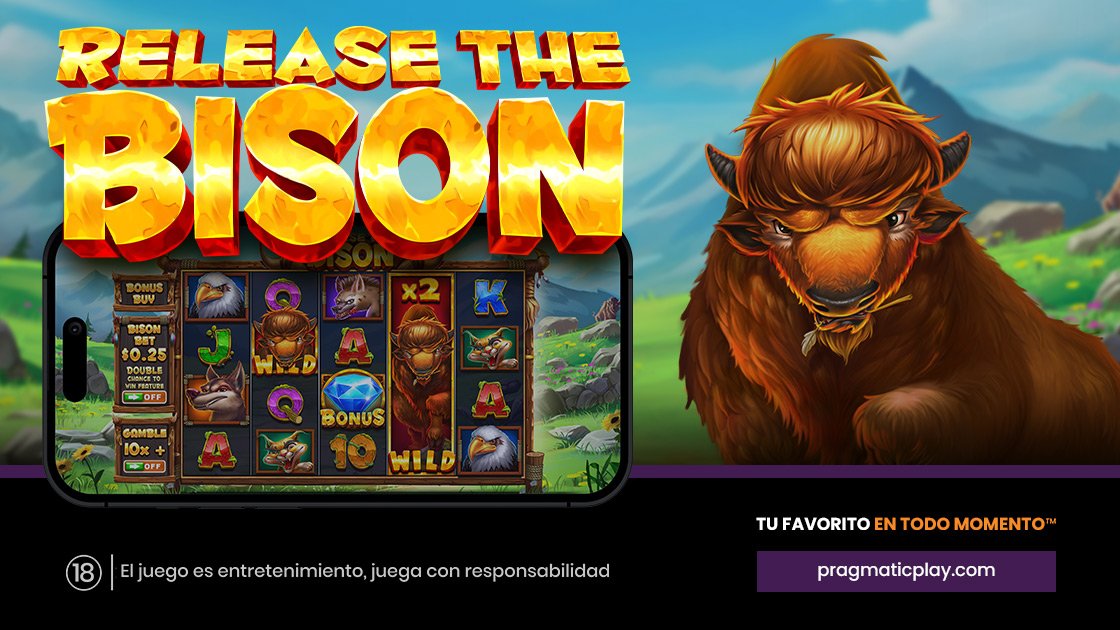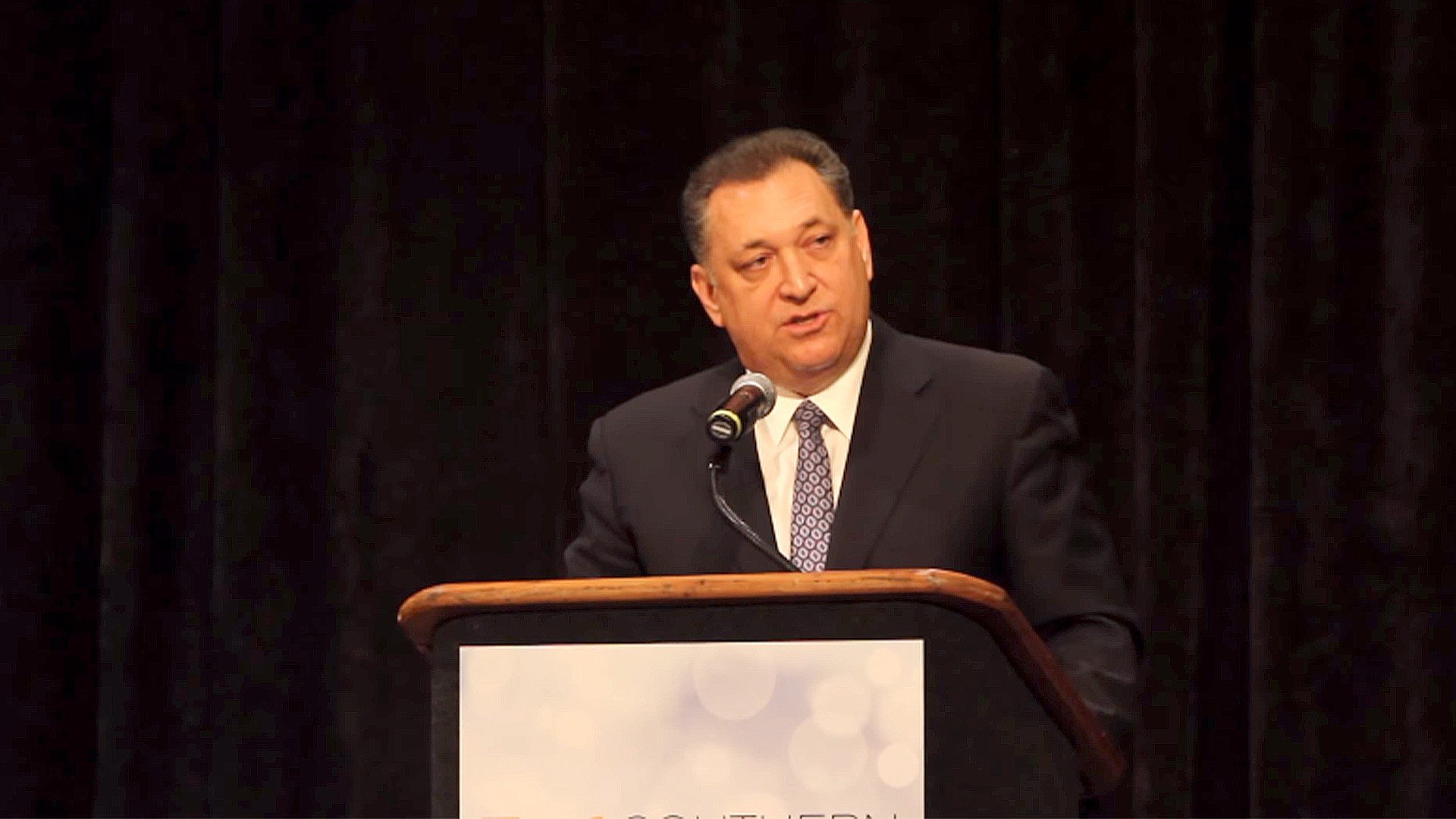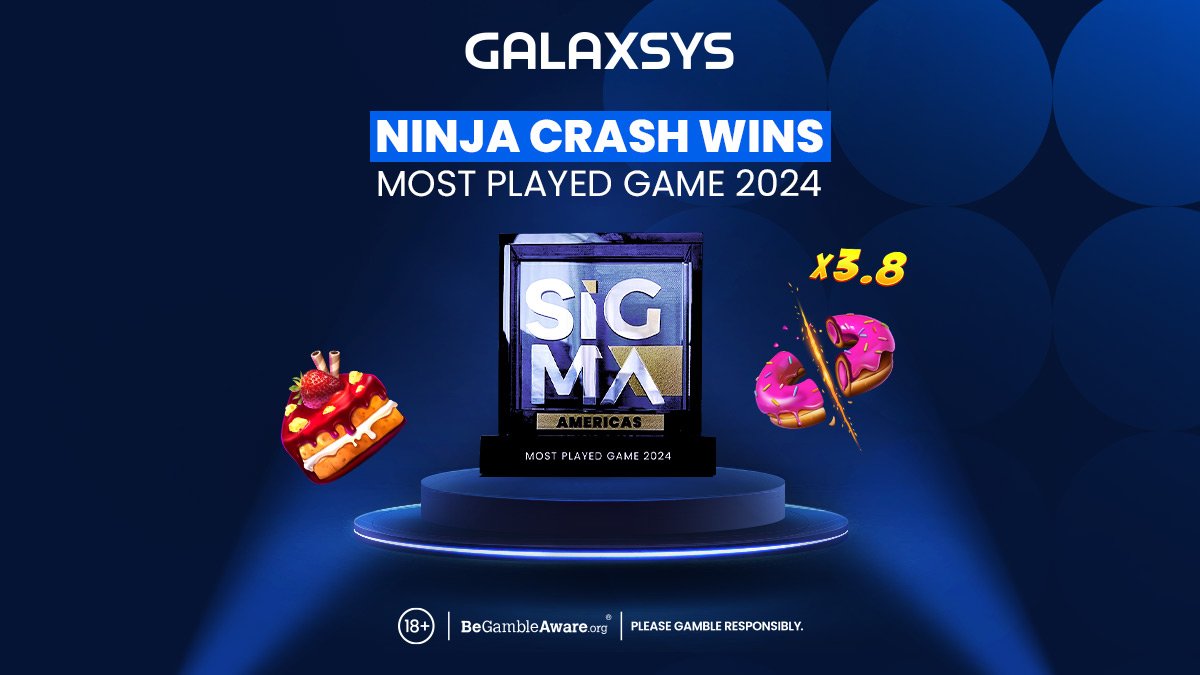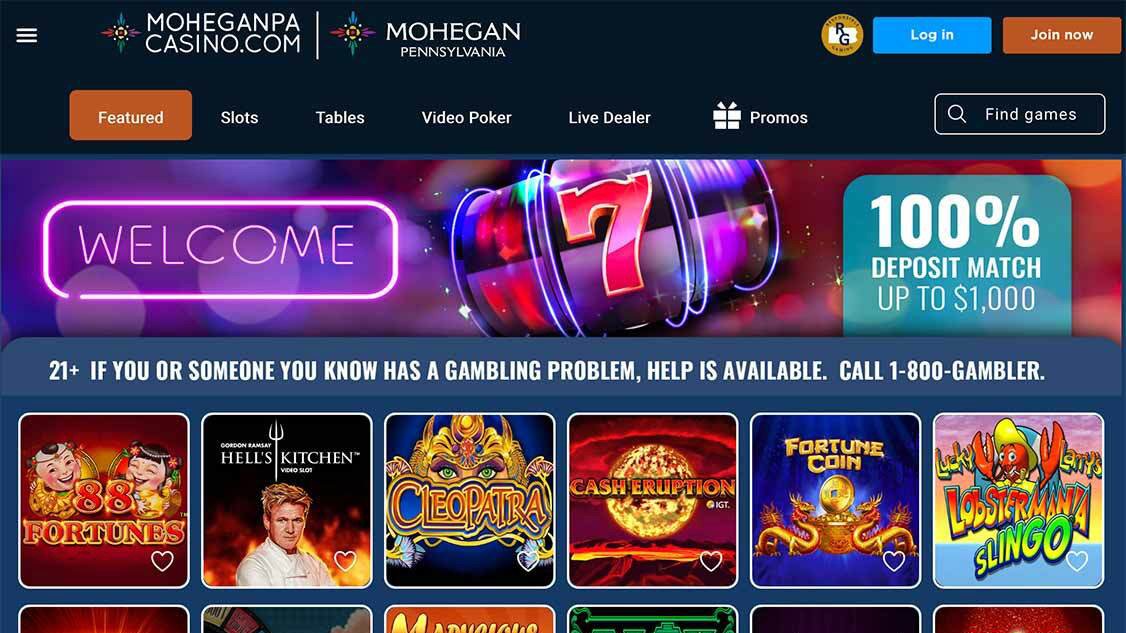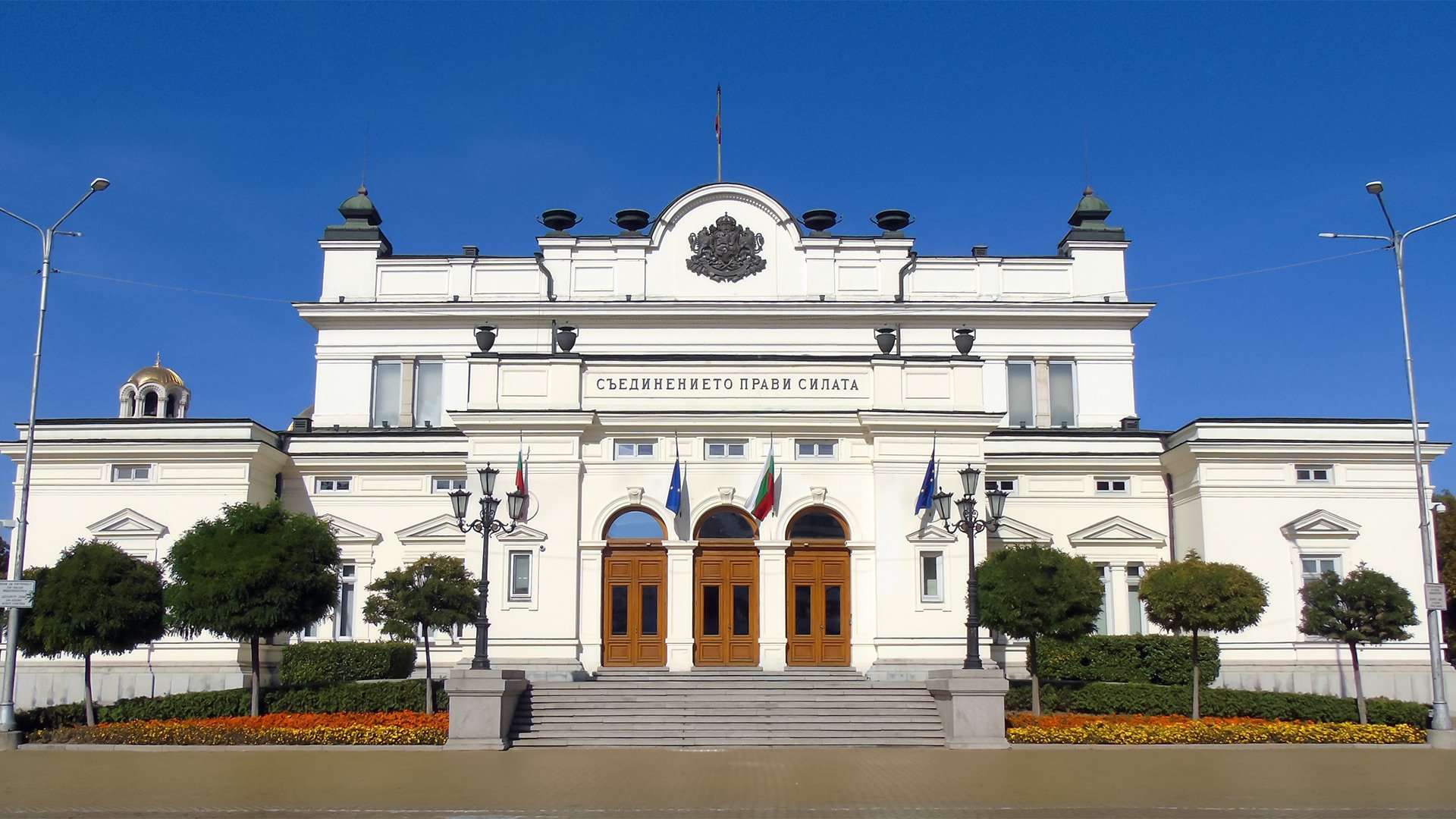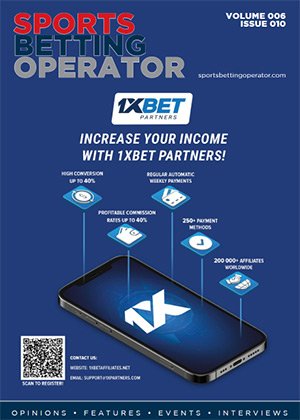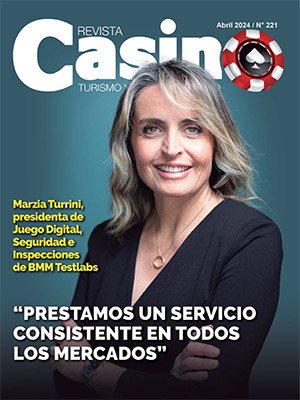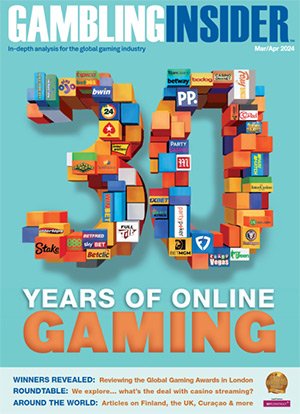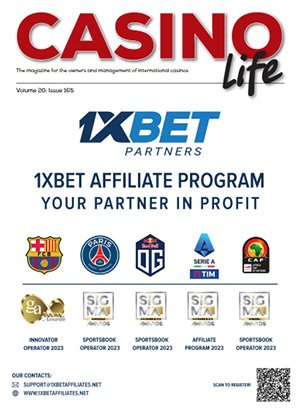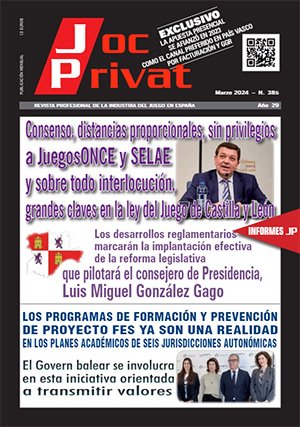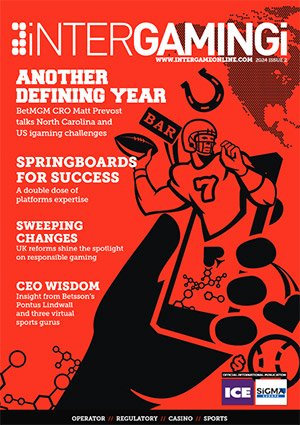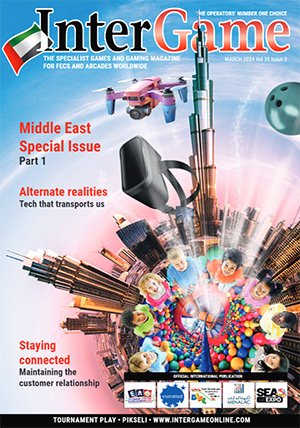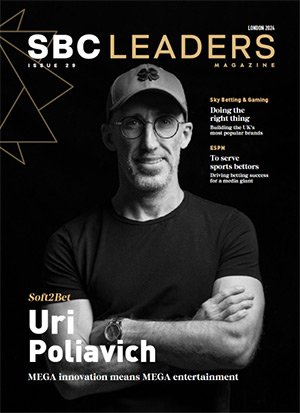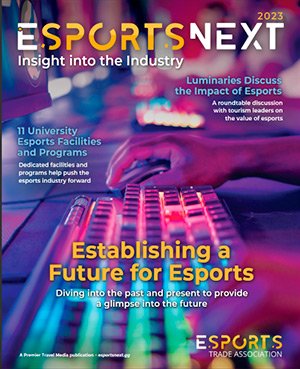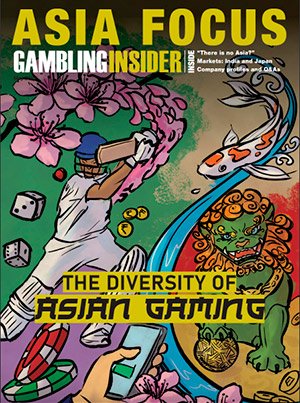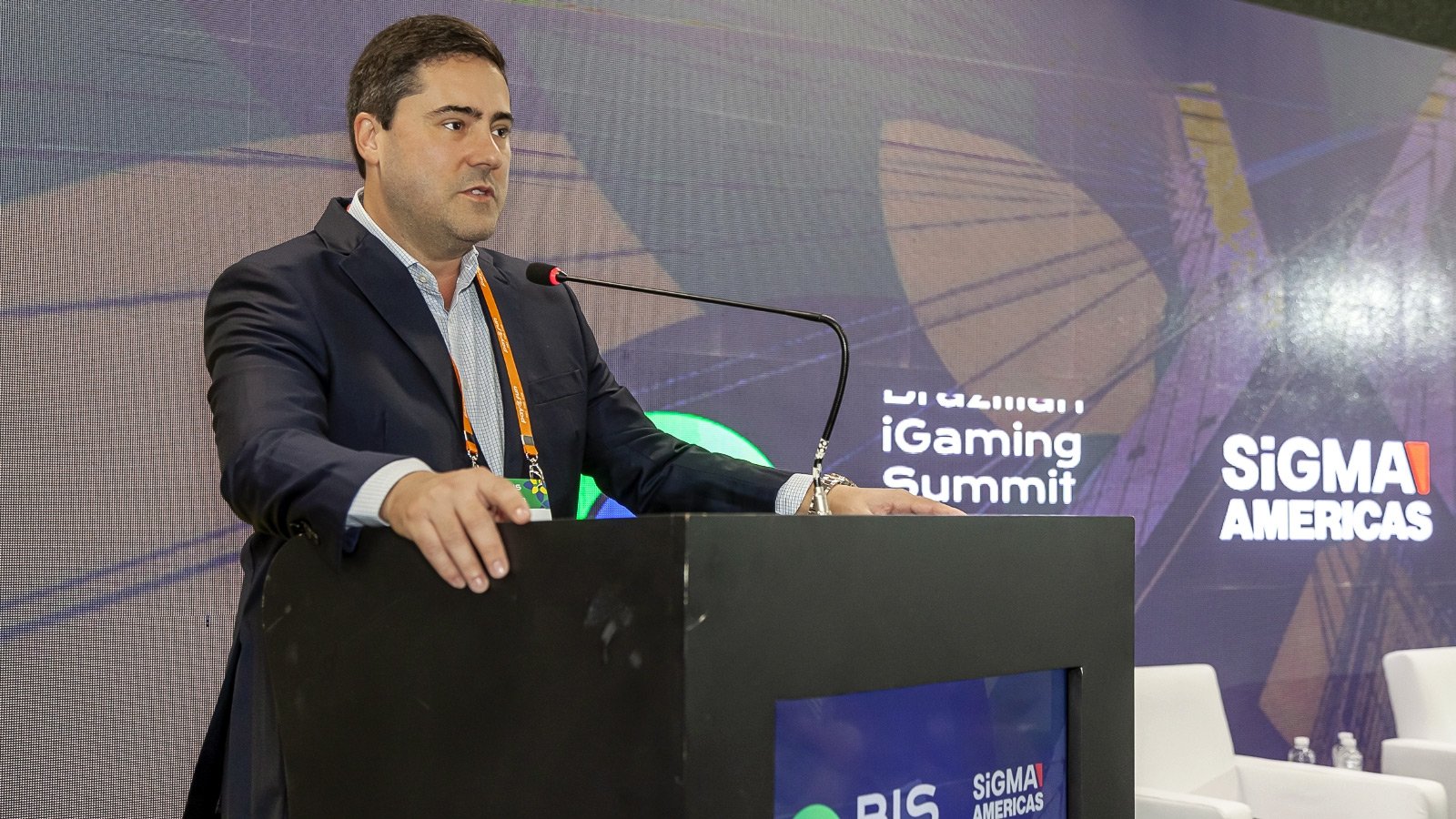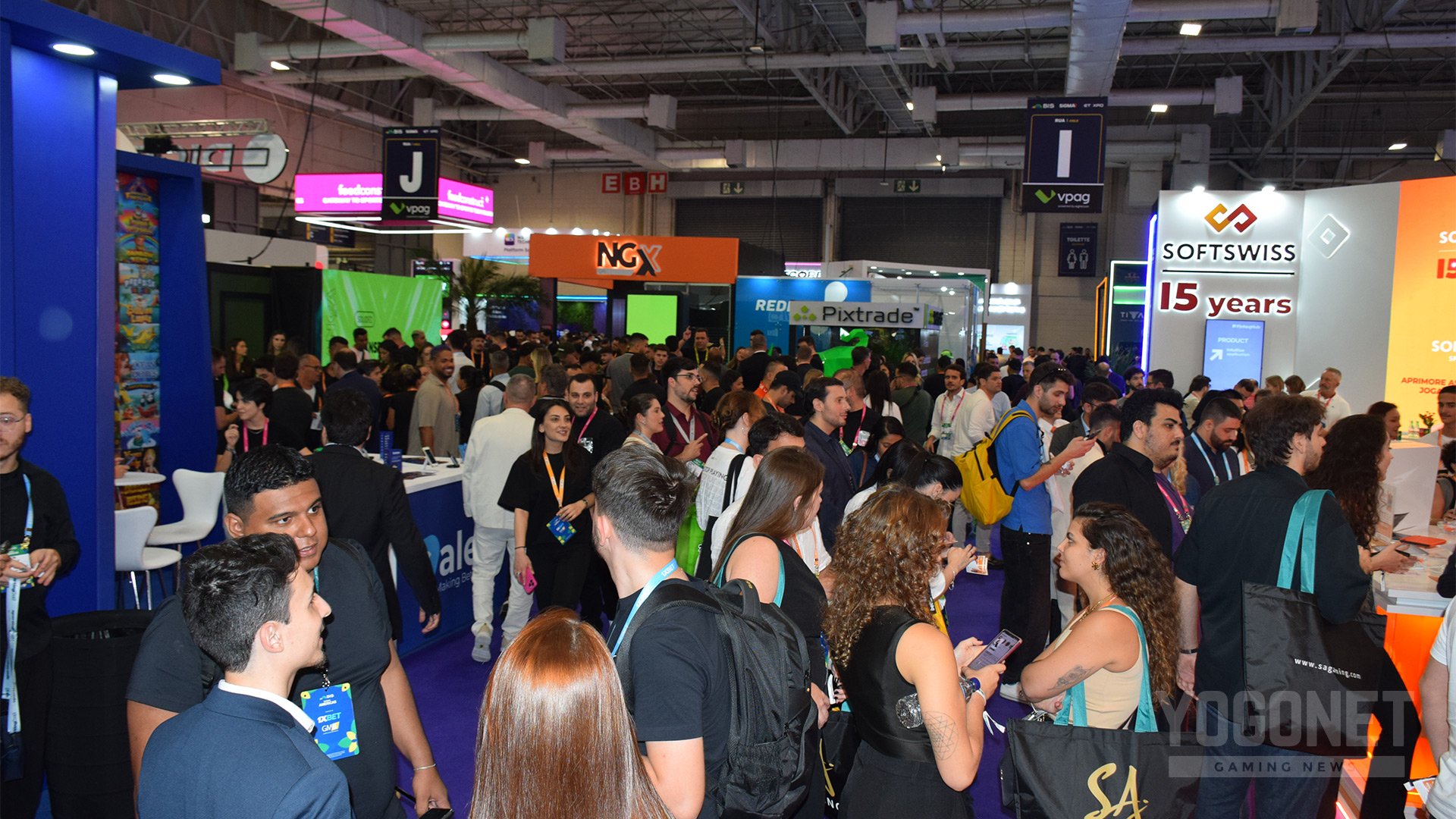Surviving the competitive talent market

Brady Eagle is one of the most successful iGaming recruiters in North America. He joined Van Kaizen in 2020, where he now serves as Senior Talent Acquisition Partner, having already spent five years pioneering recruitment markets for iGaming, sports betting, and digital industries in line with market growth and deregulation. Prior to focusing on the sports betting industry, he spent several years recruiting for Fortune 500 companies in a range of industries, throughout the USA.
The increasing regulation of sports betting markets in the U.S. is also seeing an impact in terms of human capital and recruitment, which according to Brady Eagle —an international recruiter with a global headhunting firm for iGaming, technology, and finance—, now sees iGaming companies in a better position to compete against other industries like big tech brands for top talent, with different indicators already showing this shift. In this column, Eagle analyzes the role of a diverse workplace, selection process speed, flexibility related to remote work, and outlines three key factors to build the human capital needed to become a market leader for the next decade.
Explosions. Avalanches. Floods. The growth of the North American sports betting market continues to be described with metaphors of speed and volume. Rightly so: 30 US states are now legalized, three more with a combined population of over 35 million should finalize legalization this year, and an additional eight states accounting for 77 million people have started the legislative process or are voting on legalization in November. Canada is not far behind, with Ontario having opened to another 14 million players in April, and Mexico is continuing to see operators enter the market!
These metaphors tell us a lot about the good and bad for the industry. Aggressive expansion means a lot of excitement and potential on the one hand, but a scramble for scarce resources on the other. As digital brands duke it out for market share against the backdrop of historically low unemployment rates, recent layoffs across tech and eCommerce, and soaring wages, iGaming companies are in competition against other industries for top talent.
So, how does your sports betting brand survive the present competitive talent market? Good question.
Opportunities
Let’s start with some good news. We are no longer fighting the battle of a few years ago, when sports betting didn’t have the reputation to compete with other tech employers. There are two sides to this. First, deregulation has meant more mainstream appeal: as candidates start to see odds discussed in pregame shows and betting advertisements at half time, the whole industry benefits. Second, working in FAANG (and some other tech industries) is starting to lose its excitement as big tech is hammered by bad publicity, particularly about employment practices, and most recently, layoffs. Younger, smaller businesses are also more interesting to those who fear their contributions being lost in a huge company, so people are more excited than ever about reskilling from eCommerce, Fintech, or SaaS into sports betting.
That doesn’t mean it’s easy, though. The market remains very candidate led, and there are three key practices which are separating the leaders from the pack: inclusion, speed, and flexibility.
Inclusion
Diversity, equity, and inclusion (DE&I) are top of the agenda. While our industry is still predominantly run by white males, we are starting to see progress, with companies like FanDuel, GeoComply, and some recent start-ups all recently appointing women to senior leadership positions. Progressive employers show this isn’t just the right thing to do, but a real contributor to the bottom line: if you don’t have a diverse workplace, with diverse opinions and backgrounds, you won’t have the product and outreach experience needed to maximize your consumer reach! What is true of customers is also true of candidates: by being genuinely inclusive, you can both tap a wider talent pool and retain staff for longer.
Speed
If you have a good active candidate, you can bet they are interviewing at several other companies. Even passive candidates, who might not be actively looking for a job, could still be fielding multiple approaches at once. Your interviewing, decision making, and offer brokering processes need to be quick. The better the candidate, the higher the risk, so slow recruitment processes today stand to lose out on both quantity and quality. It isn’t just about being first, though; acting decisively demonstrates the company’s culture and shows that you value the people you interview.
Flexibility
Let people take command of their own schedules. Hybrid working is the number one demand from candidates today, particularly in engineering and technical roles, so employers who have embraced it are reaping the rewards. Just remember, though, that you also need to allow for culture building and training the next generation, which is a balancing act with remote work. Bookend weekends (remote working Monday and Friday) are becoming a particularly popular solution, as is flexing to allow candidate within the same time zone or jurisdiction.
No surprises, just good practices
We shouldn’t be surprised by any of these trends. Think of Maslow’s hierarchy of needs: with wages high and unemployment low, candidates aren’t thinking about simple income security. They want to feel belonging, amongst inclusive companies. They want to feel esteemed, by companies that move quickly to offer. They want to find self-realization at companies that let them take control of their own work/life balance.
If you want to not just survive the current competitive talent market, but build the human capital needed to become a market leader for the next decade, start by focusing on these three factors.



